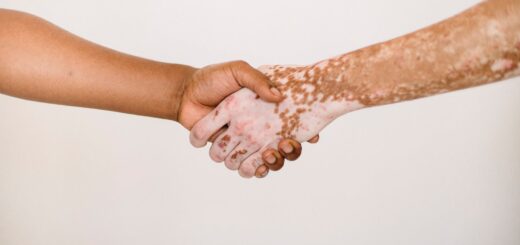Unlocking Cognitive Enhancement through Microdosing Psychedelics
The sphere of health awareness and cognitive self-improvement has seen the entrance of an intriguing player in recent times – administering sub-perceptual doses of psychedelics. This practice, better known as ‘microdosing’, has gained recognition as a unique approach to optimizing cognitive abilities, enhancing mood and creativity, along with promoting a sense of productivity and mental clarity.
Microdosing involves taking a significantly diluted dose of psychedelic substances — typically around a tenth of a recreational dose. Proponents argue that these doses, while being well below the level that would induce hallucinations or profound sensory experiences, provide a subtle and yet tangible uplift in mental and emotional states.
Noted for its capacity for mood enhancement and increased focus, many individuals from various walks of life attest to the advantages of microdosing psychedelics for purposes of personal and professional self-improvement. Users report─ anecdotal evidence suggests─ that this process can lead to boosted creativity, enhanced problem-solving abilities, and improved concentration.
Our brain’s capability to form and reorganize synaptic connections, particularly in response to learning or experience, or after injury, is termed neurogenesis, a process by which new neurons are formed in the brain. The connection of microdosing to neurogenesis forms a riveting part of its appeal. Recent research suggests that psychedelics like psilocybin (found in magic mushrooms) and LSD have the potential to stimulate brain plasticity and promote the growth and repair of neural circuits.
A study published in Cell Reports outlined experiments in which psychedelics increase the number of connections between neurons. These findings strengthen the link between microdosing and neurogenesis─ the idea that such substances can positively impact overall brain health and growth.
Beyond neurogenesis, the function of microdosing as a catalyst for creativity boost and improvement in problem-solving abilities has gained considerable attention. For those in high-pressure, creative, or strategic industries, the lure of an edge in thinking abilities has made the practice more popular. While concrete scientific evidence is still emerging, early research and a host of individual accounts point towards a promising relationship between sub-perceptual doses of psychedelics and improved cognitive faculties.
One such study published in Psychopharmacology detailed a controlled, double-blind study where microdosing resulted in improved convergent and divergent thinking, key components in creativity and problem-solving.
Productivity seems to be another major lure for those trying microdosing. Many individuals report improved workflow and increased enthusiasm towards their work, often driven by heightened concentration and mental clarity.
However, it’s worth noting that sufficient large-scale scientific research is absent when it comes to validating the effects of microdosing. The undeniable surge in interest and anecdotal reportage should be coupled with thorough scientific investigation to establish beneficial impacts conclusively.
In conclusion, the practice of microdosing psychedelics for cognitive enhancement presents an exciting potential in the domain of mental health, personal growth, and cognitive science. With further research and understanding of its process and effects, we may be standing on the threshold of a revolutionary method to drive creativity, concentration, and overall mental wellness. But as with any substance, users should approach with caution and responsibility. After all, the quest for self-improvement should never compromise one’s health and well-being.


